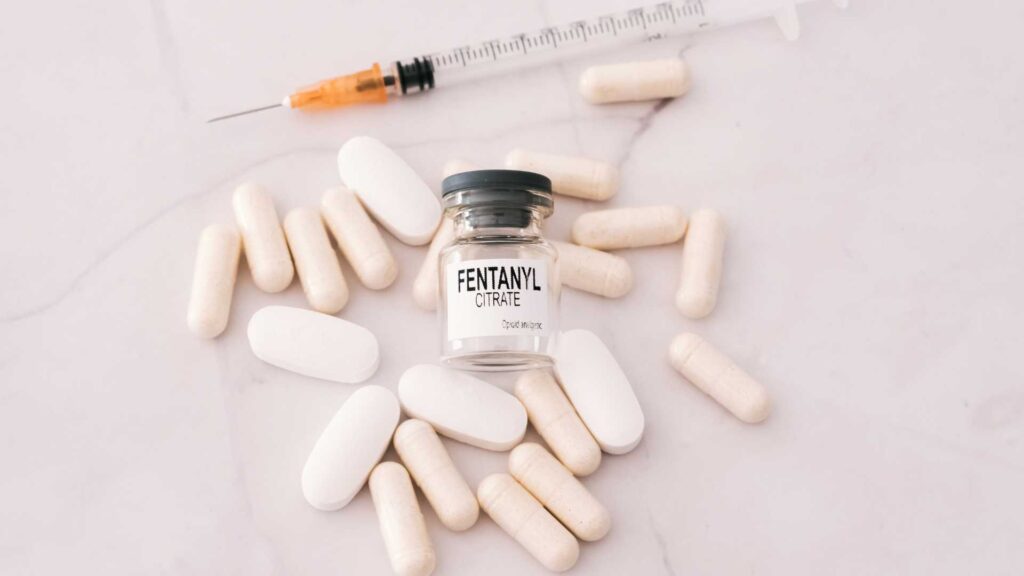
The Decline in Drug Overdose: Progress, Reality, and Why the Work Isn’t Over
For the first time in years, there’s a glimmer of hope in America’s battle against substance dependence. Recent provisional data from the CDC shows a significant decline in drug overdose deaths across the United States, marking a potential turning point in what has been a devastating public health crisis.













